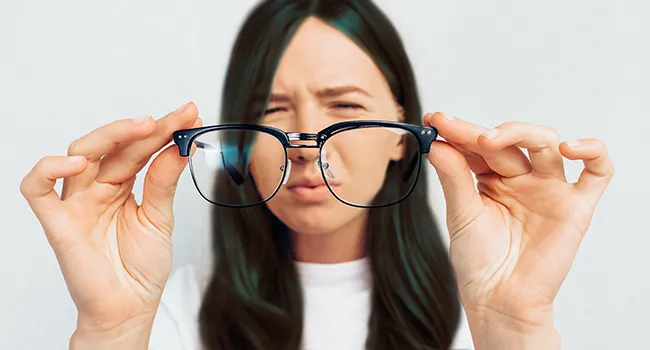Health
Understanding Vision Loss: Causes, Symptoms, and Management
What is Vision Loss?
Vision loss refers to a partial or complete diminution of sight, impacting an individual’s ability to see either in one eye or both. It encompasses a broad spectrum of conditions, varying from minimal, often temporary impairment to severe, permanent blindness. Understanding the nuances of vision loss is crucial as it can manifest in different forms, each with unique implications for daily life.
Types of vision loss include central vision loss, peripheral vision loss, and total blindness. Central vision loss affects the direct line of sight, making activities like reading and recognizing faces challenging. Conversely, peripheral vision loss impairs the outer edges of the field of vision, which can create difficulties in navigating spaces and noticing objects or people from the side. Total blindness is the complete lack of vision and can occur in one or both eyes.
Vision loss can be classified as either temporary or permanent. Temporary vision loss might result from conditions like migraines or transient ischemic attacks (TIAs), often resolving once the underlying cause is addressed. On the other hand, permanent vision loss can stem from chronic conditions such as glaucoma, age-related macular degeneration (AMD), or diabetic retinopathy, leading to irreversible damage to the visual system.
The severity of vision loss can also vary widely. Mild vision loss might only slightly hinder daily activities, whereas moderate to severe vision loss can significantly affect an individual’s independence and quality of life. In the most extreme cases, profound vision loss results in complete blindness, necessitating significant lifestyle adaptations and support.
In summary, vision loss is a multifaceted condition that can manifest in various forms and degrees of severity. Whether it is central or peripheral, temporary or permanent, mild or severe, understanding the specific type and extent of vision loss is essential for effective management and support.
Causes and Symptoms of Vision Loss
Vision loss can result from a myriad of factors, broadly categorized into medical, genetic, and environmental causes. Medical conditions are among the most common contributors to vision impairment. Glaucoma, for instance, is a group of eye disorders that damage the optic nerve, often due to increased intraocular pressure. Untreated, it can lead to irreversible vision loss. Similarly, cataracts, characterized by the clouding of the eye’s lens, are a leading cause of blindness worldwide, although they are treatable through surgical intervention.
Another critical medical cause is diabetic retinopathy, which affects individuals with diabetes. High blood sugar levels damage the blood vessels in the retina, leading to vision impairment. Age-related macular degeneration (AMD) is another significant cause, particularly affecting older adults. AMD deteriorates the macula, the central part of the retina, leading to loss of central vision.
Genetic factors also play a crucial role in vision loss. Inherited disorders such as retinitis pigmentosa cause gradual degeneration of the retina, leading to tunnel vision and, eventually, blindness. These genetic conditions often manifest early in life and can significantly impact an individual’s quality of life.
Environmental factors, including injuries and infections, are also significant contributors. Traumatic injuries to the eyes can result in immediate vision loss, while infections such as conjunctivitis or keratitis can lead to temporary or permanent impairment if not treated promptly. Exposure to harmful substances, including certain chemicals and ultraviolet light, can also damage the eyes over time.
Recognizing the symptoms of vision loss is essential for early detection and management. Common symptoms include blurred vision, difficulty seeing at night, and loss of peripheral vision. Individuals may also experience halos around lights, double vision, or a sudden loss of vision in one eye. Regular eye check-ups are vital for identifying these symptoms early, enabling timely intervention to manage or prevent further vision deterioration.
Way To Prevent Vision Loss and Improve Eyesight Naturally?
Check How To Stop Vision Loss With Just One Simple Method. If You Or Anyone You Know Is Suffering From Vision Loss, Please Watch This Video Now

